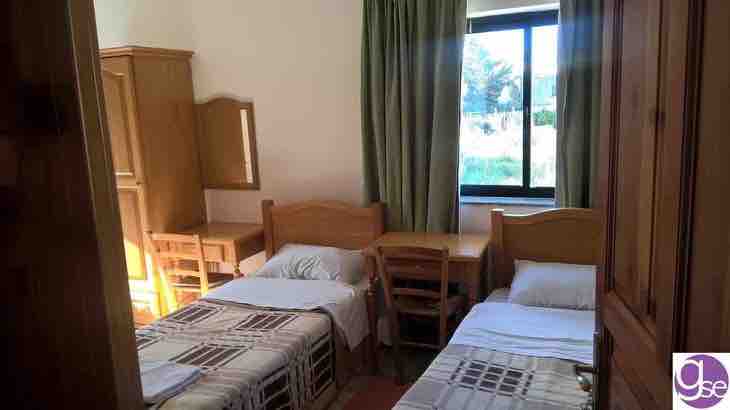What is better: Booking.com or Airbnb?

Every traveler planning to book accommodation always faces the choice between renting an apartment or staying in a hotel. In other words, Booking or Airbnb
It is commonly believed that hotel bookings are associated with Booking.com, while Airbnb is considered unmatched when it comes to booking apartments. Is this true? Let's discuss in more detail.
How to Find Affordable and Comfortable Accommodation Abroad
First, let's debunk the myth that booking hotels on Booking.com is always the best choice, and apartments are only available on Airbnb. Booking also offers apartments, and hotels use Airbnb as another promotion channel.
We don’t claim that our conclusions about the differences between the two platforms are definitive, but after making dozens of bookings on both platforms and traveling through countries from Thailand and India to Ecuador and Panama, we’d like to share our experience.
Key Differences Between Booking and Airbnb
- Comparable options for short stays (up to 1 week) cost similarly on both platforms. On Booking, you'll find more offers in the historic part of the city or in popular tourist spots. One advantage: you can save on transportation.
- Accommodation on Booking offers comfort: breakfast, a gym, linen replacement, and room cleaning. On Airbnb, you are often more on your own.
- For rentals of a month or longer, the price is lower on Airbnb: from a cheap room compared to a hostel to a prestigious 4 or 5-star hotel compared to a similarly rated upscale apartment.
- Airbnb offers discounts based on the rental period. Discounts are tied to weeks and months. For example, 25 days may cost more than 30 days (a full month). Experiment with dates, as each property owner has individual rules.
- If you're traveling with a group or as a couple, be aware that hotels usually increase the cost of a room for 2 or more people. On Airbnb, there are options where the price for two guests is the same as for one person. Renting an apartment for a group is often cheaper than booking multiple hotel rooms.
- Check-in at hotels is usually easier: you arrive at the reception desk where you are greeted. With apartments, you will be met by the property owner. If the owner does not live there permanently and your flight or bus is delayed, and you can’t send a message, complications may arise. Moreover, many landlords specify check-in times, such as from 11 AM to 8 PM. If your flight arrives at 9 PM, you'll need to make separate arrangements. The author has heard of cases where travelers did not arrive at the specified time, and landlords canceled the booking for a week without refunding the money. In such cases, Airbnb tends to side with the property owner.
- Airbnb offers can be unpredictable. The photos of a room might not fully reflect the actual conditions, and there might be other "tricks" from the owner. Once, while booking an apartment in Bogotá, I found a suitable option, especially in terms of location. After paying for the booking and receiving the address, I was surprised to find that the apartment was in a different, less prestigious area. Other travelers later told me that this strategy is often used in Latin America. In this part of the world, the difference between city neighborhoods is significant in terms of safety and price. Therefore, landlords might provide different coordinates to attract foreigners who are not familiar with local realities.
- If you need the Internet for work, ask the host about the network speed. Keep in mind that the stated information may not always be accurate. In hotels, the Internet is generally worse, and evening hours can become a nightmare as the network load increases.
- If you plan to stay in a location for a long time, it's better to book accommodation for 2-3 days and then look for a long-term rental on-site. This way, you can save money and see where you will be staying for the coming weeks or months before making a long-term commitment.



